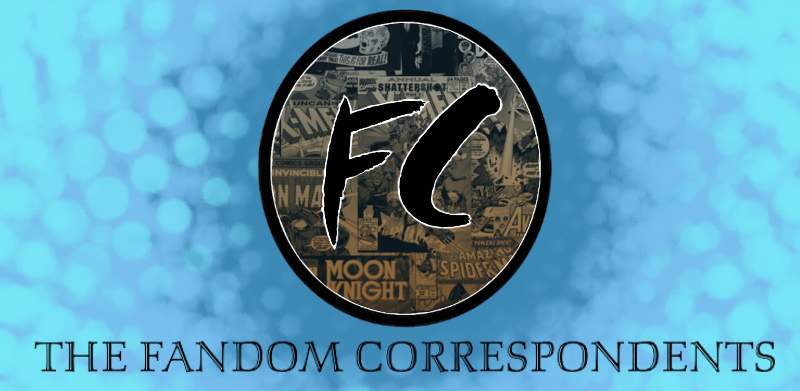Hello, and welcome to week 3 of Fandom Horrorfest 2020! It’s crazy that we’re already at 3 weeks into the spooky season. This week will focus on horror writers, their books, their film adaptations, and the contributions they have made to horror. We wouldn’t have many of our favorite horror movies and games if it weren’t for the writers behind them, so let’s spend a week devoted to the often unsung heroes of horror!
Stephen King
If you were to walk up to a random person on the street and ask them to name a horror writer, chances are they’ll confusedly say “Stephen King.” And then ask you to leave them alone. Stephen King’s influence on modern horror cannot be overstated; the man has written over 60 of the most popular horror stories in the last 40 years. Several of these stories have been adapted to film and have become cultural phenomenon, such as Carrie and It. I’ve even often found that many horror fans who primarily watch movies first started reading again because they wanted to read the source material for their favorite King adaptations. Stephen King stands out among most horror authors in that he has found extensive success in his lifetime; while the old masters like Poe, Lovecraft, and Shelley lived through fluctuating poverty until their deaths, King’s writing has brought him financial prominence in the modern age. So much for horror being born in the minds of the impoverished and misfortunate.
It’s hard to pin down singular themes or styles in King’s work because he writes with such variety. Some of his stories have supernatural threats, others focus on psychic ability, and still others convey fear through mystery and grounded suspense. However, some recurring motifs can be identified if one reads enough of King’s work. For example, the theme of personal struggle to overcome fear or the supernatural can be found in many of King’s writings, as seen in such books as It and Rose Red. Fear through self-reflection, or the magnification of one’s own flaws or hubris is another recurring mechanism King uses, as seen in The Shining and The Langoliers. While King has come under fire in the past for some of his content, such as the sexualization of children in It, his numbers don’t lie. King consistently lands on the bestsellers list and has procured dozens of literary awards for his work in horror, and most of his film adaptations range from successful to smash hits at the box office. While I myself have problems with King’s writings–I’m sorry, but the man can’t write an ending to save his life, a criticism that he himself has poked fun at in some of his books–I believe that his persistent success speaks to a societal desire for horror. The genre has seen somewhat of a revitalization in the past decade, and while there may be a lot of explanations offered for this development–increased dread about the future of the world, greater reliance on technology, psychological reaction formation to the positivity of the 90s–it’s undeniable that King is often at the center of the renaissance. King has a talent for capturing humanity in his characters, and as we look for horror stories, we naturally gravitate toward those that we can identify with and see ourselves in–ironically enough, even if it’s the darker parts of ourselves we’d otherwise shy away from. King is a man who has faced his own demons, and his talent for depicting human struggle in both its failures and victories is something that feels intimate to readers and moviegoers alike.
You all get two recommendations again today. First, while not getting the kind of critical success or wide appeal as the It movies, King’s movie 1408 is an excellent example of inward psychological horror and may be John Cusack’s best movie. Second, and this may be a little bit harder to find, the mini-series adaptation of Rose Red is possibly my favorite of King’s works. It’s a solid supernatural horror story featuring some great visuals that have aged incredibly well. Furthermore, it heavily features the science of parapsychology, a field that has been a side-interest of mine for a while.

